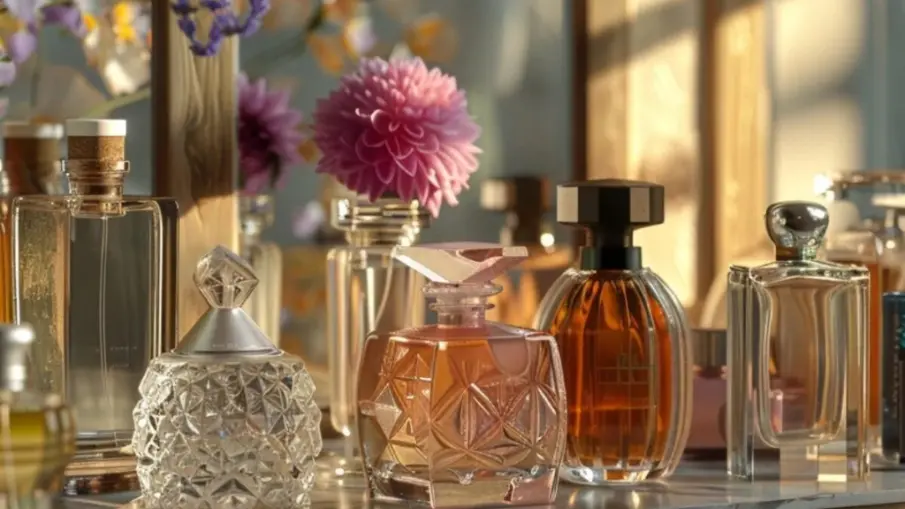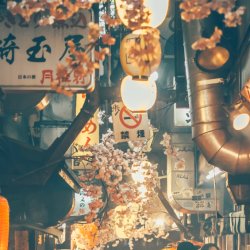The Fascinating History of Perfume: From Ancient Times to Modern Discoveries

From sacred rituals to high fashion, the story of perfume is a reflection of humanity’s evolving sense of beauty and expression. Thousands of years ago, in ancient Egypt, aromatic oils were more than luxury—they were offerings to gods and essential in burial rites. Scents like frankincense and myrrh symbolized divinity and status. In Greece and Rome, perfumed oils were a sign of refinement, used both in ceremonies and daily grooming.
The real transformation, however, came with the Arab world’s advancements in distillation during the Middle Ages. This scientific leap paved the way for modern perfumery, later perfected in France. By the 18th century, Grasse had become the fragrance capital of Europe, where both traditional and experimental scents emerged. Today, perfume https://parfum.ae/pages/giftboxes is a cultural artefact—part art, part science, and a deeply personal statement.
Understanding fragrance families: a guide to different scent types
Fragrances, though diverse and complex, are grouped into familiar categories that help us understand their character. The floral family, with its notes of rose, jasmine, and peony, is often associated with romance and elegance. Oriental scents, rich in spices, resins, and amber, evoke warmth and sensuality, ideal for evenings or cooler months.
Woody perfumes offer depth and subtle masculinity, blending sandalwood, cedar, and patchouli to create grounded and lasting impressions. Meanwhile, fresh fragrances—whether citrusy, green, or aquatic—bring a clean and energizing quality that suits active lifestyles or warmer climates.
Knowing which fragrance family resonates with you or the person you’re shopping for can make choosing a scent far less overwhelming.
Why do we wear perfume? The science and psychology behind scents
Fragrance does more than please the nose—it taps into memory and emotion. Our sense of smell is directly connected to the limbic system, the part of the brain responsible for emotions and memories. This is why a single scent can instantly remind you of a person, a place, or a long-forgotten moment.
Studies have shown that wearing a fragrance can boost confidence, reduce stress, and influence how others perceive us. Scent becomes part of your identity—it can suggest strength, serenity, creativity, or even mystery. Whether subtle or bold, perfume communicates something about who you are before you speak a word.
How to pick the perfect perfume: a step-by-step guide for every occasion
Choosing a fragrance should be a journey, not a guess. First, try to understand the structure of a perfume. The top notes are the initial impression—often light and fleeting. The heart, or middle notes, define the scent’s core, while the base notes linger and form the long-lasting essence.
When trying on a fragrance, always test it on your skin, not just on a paper strip. Body chemistry plays a major role in how a perfume develops throughout the day. Seasonal factors also matter: lighter, citrusy scents suit summer, while spicy or woody ones are perfect for winter evenings.
Consider the context: a fresh eau de toilette might work best for daily use, while an intense parfum is ideal for special occasions. Trying sample sets or miniatures can help narrow your choices before committing to a full bottle.
Gifting perfume: how to choose a fragrance someone will love
Perfume is a deeply personal gift, yet it can also be incredibly meaningful when chosen thoughtfully. Start by considering the recipient’s personality and lifestyle. A dynamic, energetic person might appreciate fresh or sporty scents, while someone more romantic may enjoy floral or gourmand notes.
Look at the perfumes they already wear for clues, or explore well-balanced, universal options. Gifting a curated fragrance set shows care and attention, letting the recipient explore and discover new scents on their own terms.
The art of perfume-making: from raw ingredients to bottled luxury
Creating a fragrance is like composing music. It begins with sourcing ingredients—natural essences like orange blossom, oud, and spices, or high-quality synthetic molecules designed to mimic nature or invent new olfactory sensations.
The perfumer, or “nose,” blends these elements in precise proportions, building a composition layer by layer. The mixture is then matured, often for weeks, to let the aromas meld and stabilize. It’s eventually diluted with alcohol, filtered, and bottled—ready to tell a story with every spray.
While natural ingredients offer depth and nuance, synthetics bring consistency and sustainability, making modern perfumes https://parfum.ae/pages/giftboxes more accessible without compromising on complexity.
How to make your perfume last longer: application tips and storage tricks
To enjoy your perfume all day, a few simple habits go a long way. Apply it on pulse points—like wrists, neck, or behind the ears—where body heat helps diffuse the scent. Layering with a matching lotion can enhance longevity, and spraying onto fabric (carefully!) can make the scent linger even longer.
Avoid rubbing your wrists together, as it can distort the scent structure. Keep your bottles away from heat and sunlight; a cool, dark drawer or shelf preserves the perfume’s integrity over time.
With proper care and thoughtful application, your fragrance can become a constant, subtle companion—one that evolves with you throughout the day.
Perfume is more than a sensory experience—it’s a form of self-expression, a memory in a bottle, and a timeless gift. Whether you’re choosing a signature scent for yourself or a thoughtful present for someone special, understanding the world of fragrance adds depth to the experience.


